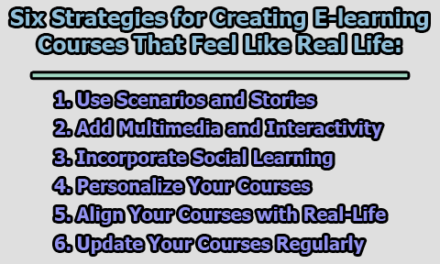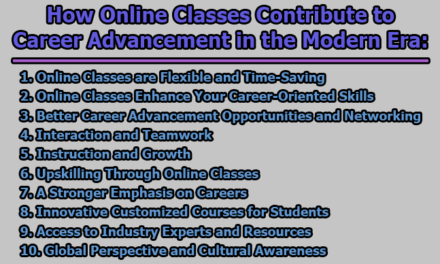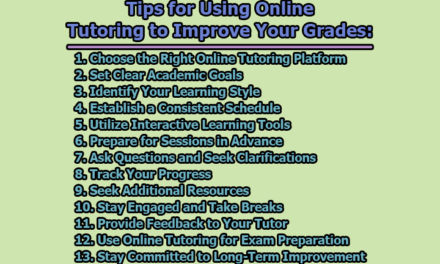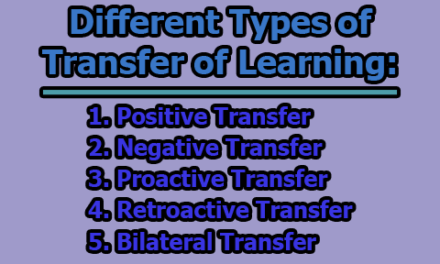Tips for Successfully Collaborating with Subject Matter Experts in the Creation of Technical Documents:
Technical documents play a crucial role in various industries, from user manuals and guides to comprehensive reports. Crafting these documents requires the input of subject matter experts (SMEs), individuals with specialized knowledge or experience in a specific field or domain. However, working with SMEs can present unique challenges, especially for writers and translators tasked with conveying complex technical information accurately and clearly. In this article, we’ll explore some valuable tips for successfully collaborating with subject matter experts in the creation of technical documents.
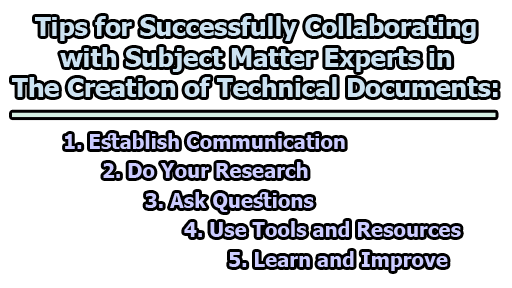
1. Establish Communication: Effective communication is the foundation of a successful collaboration with SMEs. To kick off your project on the right foot, initiate early and regular communication with your SMEs. During these discussions, be sure to clarify essential details such as the document’s scope, purpose, and intended audience. Additionally, reach an agreement on aspects like format, style, and preferred terminology, as well as the feedback and revision process.
Using clear, respectful language is crucial. Avoid jargon and assumptions that could hinder understanding. It’s equally important to acknowledge the SMEs’ expertise and appreciate the time and input they provide. Building a positive and cooperative relationship will significantly benefit your project.
2. Do Your Research: Before diving into the technical document, invest time in thorough research. Understand the topic, industry, and target market. This preparation will help you become familiar with the context, concepts, and terminology related to the subject matter. It also aids in avoiding common mistakes or misunderstandings that may arise during the project.
Reviewing existing documents or sources relevant to your project is also recommended. Take note of any questions or issues that may arise. This research phase is crucial for laying a strong foundation for your technical document.
3. Ask Questions: Asking questions is essential to ensure clarity and accuracy in your technical document. Do not hesitate to seek clarification, explanations, or examples from your SMEs whenever you encounter something that is unclear, ambiguous, or inconsistent. This proactive approach helps bridge any gaps in your understanding.
Feedback from SMEs is particularly valuable, especially when translating technical terms, acronyms, or abbreviations. Ensure that your questions are concise and specific, providing context or references to help the SMEs address your queries effectively.
4. Use Tools and Resources: To streamline the collaboration with SMEs, leverage various tools and resources at your disposal. Style guides and glossaries can maintain consistency and accuracy in language, tone, and format throughout the document. Translation memories and terminology databases are invaluable for storing and reusing previous translations or terms, ensuring consistency and efficiency in your work.
Quality assurance tools and proofreaders play a vital role in checking and correcting errors or inconsistencies in your document, saving time and ensuring a polished final product.
5. Learn and Improve: Working with SMEs is an opportunity for continuous learning and improvement. Embrace the chance to acquire new skills, knowledge, and insights from their expertise and feedback. Use their guidance to enhance your technical writing or translation abilities.
Always be open to constructive criticism and feedback, and apply the lessons learned to future projects. This commitment to growth not only benefits your professional development but also ensures the quality of your technical documents continually improves.
In conclusion, collaborating with subject matter experts in the creation of technical documents is a complex yet rewarding endeavor. By following these tips – establishing effective communication, conducting thorough research, asking questions, using available tools and resources, and committing to learning and improvement – you can navigate the challenges and create technical documents that accurately convey complex information to your intended audience. In the end, a successful partnership with SMEs will result in documents that are not only accurate and precise but also highly effective in serving their intended purpose.

Library Lecturer at Nurul Amin Degree College

